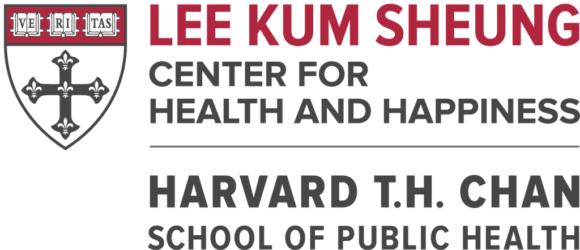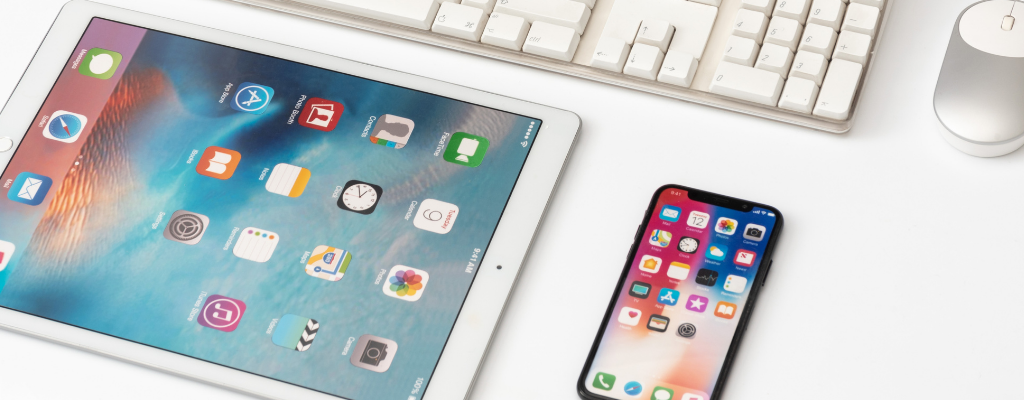What does it mean to practice “healthy” social media use? According to Center Research Scientist Dr. Mesfin Bekalu, PhD, the answer goes beyond the frequency and duration of your screen time.
While social media is a hot topic in discussions of mental health, many of its effects remain poorly understood – particularly in relation to other health outcomes and across different age groups. Working with Dr. Rachel F. McCloud and Center Co-director Dr. Vish Viswanath, Dr. Mesfin Bekalu led a study to examine the association between social media use and three health-related outcomes: social well-being, positive mental health, and self-rated health.
The study, which appears in Health Education & Behavior, addresses the need to understand the social media habits of a growing number of users: in the United States, about 7 out of 10 individuals are now on social media, for reasons that range from entertainment to connecting with others, to receiving news to sharing information. “Despite the fact that social media use has increasingly become popular across all age groups, most studies have focused on adolescent and young adult samples in college settings,” Dr. Bekalu said. With this focus on youth, researchers have yet to understand the effects of social media in older populations.
Dr. Bekalu’s study draws on data from a nationally representative sample of American adults. To examine the linkages between social media and health outcomes, Dr. Bekalu’s team took a unique approach: “Most studies focus on measuring frequency and duration of use,” he said. These studies “seldom [consider] users’ emotional connections to social media use and the effects associated with such connections.” These studies tend to treat social media “dosage” in a similar way to television or other mass media, an approach which discounts what Dr. Bekalu describes as “the unique features of social media, such as interactivity, ‘always-on,’ and networked-ness.”
By using a scale with two dimensions – capturing both the degree to which users integrate social media into their social routine and the emotional connection users have to their social media, as defined by their self-reported emotional investment – Dr. Bekalu’s study introduces a new level of nuance to the existing literature. To assess users’ physical health, Dr. Bekalu gathered data from self-rated health measures, which generally predict objective health status and can serve as an independent predictor or morbidity and mortality.
While a growing body of research suggests that social media use can harm health, researchers also argue that social media networks could enhance the opportunity to form and maintain social capital – an effect associated with positive health outcomes. Dr. Bekalu’s study provides additional clarity on the circumstances that may lead to benefit or harm, adding to a dialogue of context-dependent use.
“[We found that] while routine use is associated with positive health outcomes, emotional connection to social media use is associated with negative health outcomes,” Dr. Bekalu revealed. These findings were consistent across social well-being, positive mental health, and self-rated health – all three domains of health under study.
Understanding when social media has the potential to do damage – and for whom – has critical applications in a society where turning it off for good may not be an option. “Social media use has increasingly become part our daily routines,” Dr. Bekalu said. “Our findings suggest that the ways in which people are using social media may have more of an impact on their mental health and well-being than just the frequency and duration of their use.”

